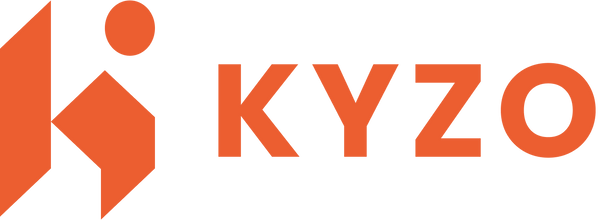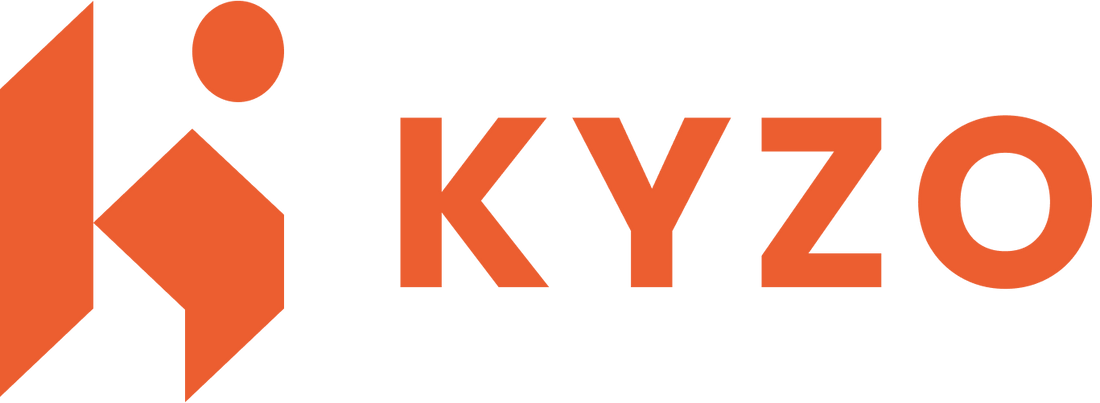
The Future of MDF: Sustainable Practices and Market Projections in India
Share

Introduction
Medium Density Fiberboard (MDF) has emerged as a versatile and sustainable alternative to traditional wood products in the furniture and construction industries. With growing concerns about environmental impact and deforestation, the demand for eco-friendly building materials like MDF is on the rise. In this detailed blog, we’ll explore the future of MDF in India, focusing on sustainable practices, market projections, and the role of innovation in shaping the industry.
Sustainable Practices in MDF Production:
Sustainability is a key driving force shaping the future of MDF production in India. Manufacturers are increasingly adopting sustainable practices to reduce environmental impact and promote responsible forestry management. Some sustainable practices in MDF production include:
- Sourcing wood fibers from responsibly managed forests or reclaimed wood sources.
- Implementing energy-efficient manufacturing processes to minimize carbon footprint.
- Recycling and reusing waste materials to reduce landfill waste and conserve resources.
- Using eco-friendly adhesives and additives with low formaldehyde emissions to ensure indoor air quality and safety.
Market Projections for MDF in India:
The market for MDF in India is expected to experience significant growth in the coming years, driven by various factors such as urbanization, infrastructure development, and increasing consumer demand for sustainable building materials. According to market research reports, The global MDF market size was valued at USD 26514.98 Million in 2023 and will reach USD 31990.87 Million in 2030, with a CAGR of 3.18% during 2023-2030.Rising demand for MDF in the furniture industry for manufacturing cabinets, shelves, and other interior fittings.
- Increasing use of MDF in construction applications such as wall panels, flooring, and door cores.
- Growing awareness of the environmental benefits of MDF and preference for sustainable building materials among consumers and developers.
- Expansion of production capacities by leading MDF manufacturers to meet growing demand and capitalize on market opportunities.
Innovation & Technological Advancements
Innovation plays a crucial role in shaping the future of the MDF industry in India, driving product development, improving manufacturing processes, and enhancing product performance. Some notable innovations and technological advancements in the MDF sector include:
- Development of lightweight and ultra-lightweight MDF products for enhanced ease of handling and installation.
- Introduction of fire-retardant MDF formulations to meet building code requirements and enhance fire safety in commercial and residential applications.
- Adoption of digital printing technologies for customizing MDF surfaces with decorative patterns, textures, and designs.
- Integration of nanotechnology and bio-based materials to improve the strength, durability, and environmental performance of MDF products.
Consumer Trends and Preferences
Consumer trends and preferences are also driving the future of MDF in India, influencing product design, aesthetics, and functionality. Some key consumer trends shaping the MDF market include:
Conclusion
The future of MDF in India is promising, with sustainable practices, market growth, innovation, and evolving consumer preferences driving the industry forward. As the demand for eco-friendly building materials continues to rise, MDF manufacturers are well-positioned to capitalize on market opportunities and contribute to a more sustainable and resilient built environment. By embracing sustainability, innovation, and market-driven strategies, the MDF industry in India is poised for continued growth and success in the years to come.
FAQs
1. What is MDF and why is it gaining popularity in India?
MDF (Medium-Density Fiberboard) is an engineered wood product made from wood fibers bonded using resin. It’s becoming popular in India due to its cost-effectiveness, smooth finish, and suitability for modular furniture and interior design.
2. Is MDF environmentally sustainable?
MDF can be sustainable when manufactured using eco-friendly processes, such as:
- Recycled wood fibers
- Formaldehyde-free or low-VOC resins
-
Energy-efficient manufacturing
Leading Indian brands are now offering E0/E1 grade MDF boards that meet international environmental standards.
3. What are the key sustainable practices in MDF manufacturing today?
Modern MDF manufacturers are adopting:
- Use of plantation timber and agri-residue
- FSC-certified wood sourcing
- Low-emission resins
-
Efficient water and energy usage
These practices reduce the carbon footprint of MDF production in India.
4. What is the MDF market growth projection in India by 2025 or 2030?
India’s MDF market is expected to grow at a CAGR of 10–12%, driven by:
- Rising demand in modular furniture and ready-to-assemble units
- Growth of the real estate and interior design sectors
- Increased availability of eco-friendly MDF alternatives
5. How does MDF compare to plywood in terms of sustainability?
While plywood is made from solid wood veneers, MDF uses wood waste and by-products, making it more sustainable when responsibly produced. However, low-quality MDF may emit more VOCs if not certified, so opt for branded, eco-certified MDF.
6. Is eco-friendly MDF suitable for furniture and kitchen cabinets?
Yes, high-quality, low-VOC MDF boards are widely used in making kitchen shutters, wardrobes, wall panels, and furniture. For Bangalore’s climate, moisture-resistant MDF (MR-MDF) is ideal for indoor use.
7. Are Indian manufacturers adopting green MDF production standards?
Yes. Leading Indian brands like Action TESA, Greenpanel, and Rushil Décor are investing in low-emission technology, FSC-certified raw materials, and E0-grade MDF, aligning with global sustainability benchmarks.
8. Where can I buy sustainable MDF boards in India?
You can find eco-certified MDF boards at leading plywood dealers, hardware stores, or online through KYZO.in, which offers access to a variety of MR and E0 grade MDF boards in Bangalore and across India.



